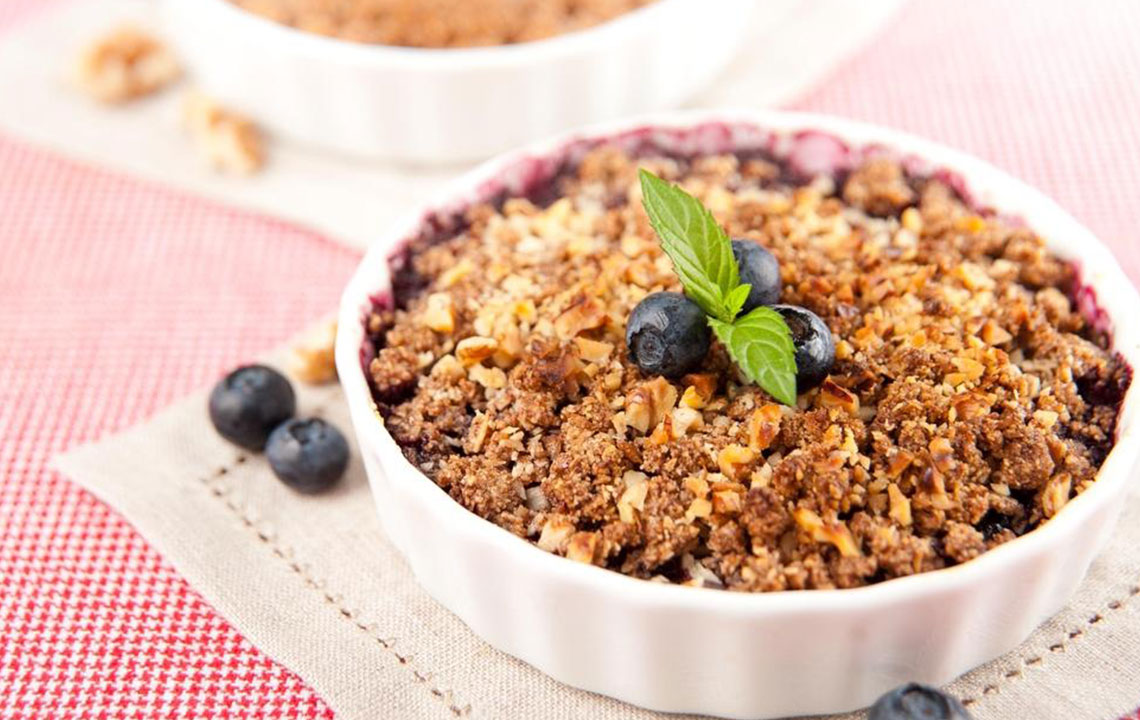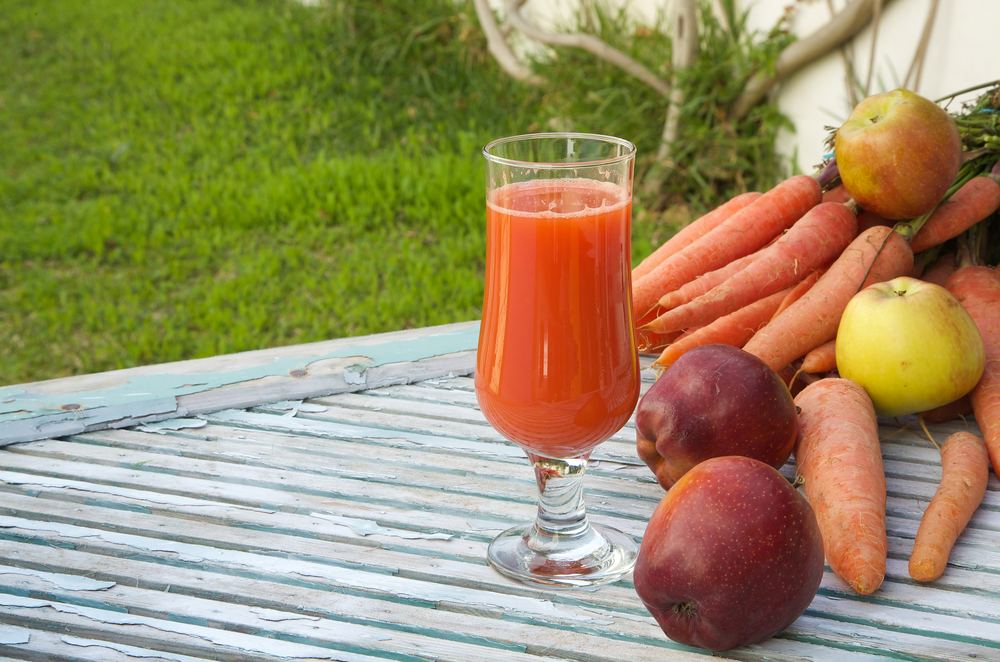Essential Dietary Guidelines for Managing Kidney Disease
This article highlights essential dietary strategies for managing kidney disease, emphasizing foods to avoid such as salt, sugar, and junk food, while promoting kidney-friendly options like low-protein, low-carb foods, egg whites, and cottage cheese. Proper diet management can help prevent progression and support overall renal health.
Sponsored

Your kidneys are vital organs responsible for filtering blood and balancing water and mineral levels. These bean-shaped organs, located beneath the liver, are about the size of a fist. Proper kidney function is crucial for maintaining overall health, as they remove waste through urine and produce important hormones.
Understanding Kidney Impairment
Kidney problems occur when these organs fail to function properly, potentially leading to the need for dialysis. Causes include reduced blood flow from diabetes or high blood pressure, infections like sepsis, alcohol or drug abuse, toxins, and physical trauma. Disrupted kidney function affects mineral balance and hormone production, posing serious health risks.
When kidneys don’t work properly, waste builds up, leading to symptoms such as swelling, nausea, shortness of breath, and sleep difficulties. To prevent further damage, managing diet is essential, especially in avoiding foods that overtax the kidneys.
Controlling blood pressure and blood sugar is critical for those with kidney issues. Certain foods, especially high in salt, sugar, or unhealthy fats, should be limited or avoided to support kidney health.
Foods to Limit
Fast Food
Processed and fast foods are high in unhealthy fats, salt, and sugar, placing immense strain on kidneys. Avoid these to prevent toxin accumulation and preserve kidney function.
Sodium
Excess salt elevates blood pressure and causes fluid retention, stressing your kidneys. Cutting back on salt helps maintain proper fluid balance and reduces overload.
Sugar
High sugar intake can cause or worsen diabetes, which is a major risk factor for kidney disease. Managing sugar helps prevent damage to kidney tissues.
Whole Milk
Full-fat milk contains high levels of phosphorus and potassium, which should be restricted for those with kidney problems.
Recommended Foods
Low-Protein Options
Since excess nitrogen from protein can burden the kidneys, opt for foods low in protein like bread, grains, raisins, corn, onions, mushrooms, and carrots. Moderation is key.
Low-Carbohydrate Choices
To control blood sugar levels, choose nuts, seeds, and non-starchy vegetables like peppers, spinach, and cauliflower, while avoiding simple sugars.
Egg Whites
Egg whites are a good source of protein with fewer minerals that burden the kidneys. Incorporate them into your breakfast for nutritional support.
Cottage Cheese
With minimal carbohydrates, cottage cheese is suitable for those managing both kidney disease and diabetes.
In addition to selecting appropriate foods, restrict intake of potassium, phosphorus, and sodium to lessen renal stress and maintain overall health.






